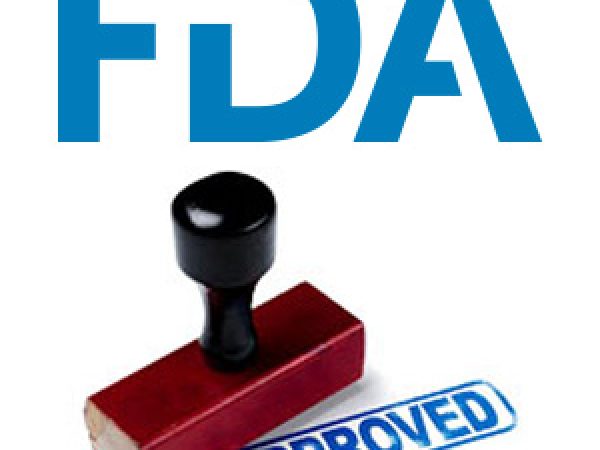FDA Expands Use of Targeted Therapeutic for Lung Cancer
Last week, the U.S. Food and Drug Administration (FDA) announced that it had approved the use of crizotinib (Xalkori) for treating certain patients with advanced non–small cell lung cancer (NSCLC). Specifically, it is approved for those patients whose disease has a mutation in the ROS-1 gene. This is the first time the FDA has approved a treatment for this group of patients.
NSCLC is the most common form of lung cancer diagnosed in the United States; researchers estimate the disease will account for about 83 percent of the 224,390 new cases of lung cancer expected to be diagnosed in 2016. About 5 percent of NSCLC cases are fueled by aberrant activity of a protein called ALK, which is very closely related to the ROS-1 protein. The FDA approved crizotinib for treating patients with ALK-positive NSCLC in August 2011 after it was shown to shrink tumors in half of the patients treated with the ALK-targeted therapeutic.
Given the similarities between ALK and ROS-1 and that in vitro studies showed that crizotinib could potently inhibit both kinases, researchers decided to investigate whether crizotinib might benefit the approximately 1 percent of patients with NSCLC whose tumors have aberrantly active ROS-1 as a result of mutations in the ROS-1 gene.
According to results of a phase I clinical trial published in late 2014 in The New England Journal of Medicine, the answer was yes — 72 percent of patients with advanced NSCLC whose cancer tested positive for ROS-1 mutations had complete or partial shrinkage of their tumors, and these responses lasted for a median of 17.6 months.
With the five-year survival rate for lung cancer still at just 17 percent, advances like this are urgently needed, and we hope to see more in the near future.




